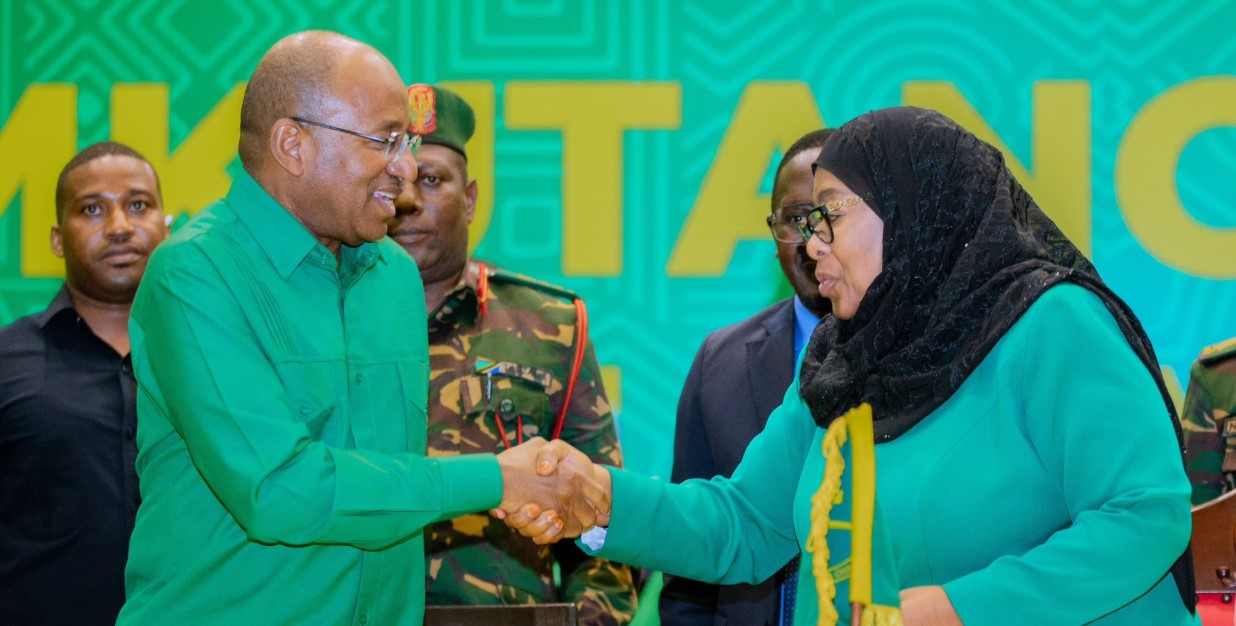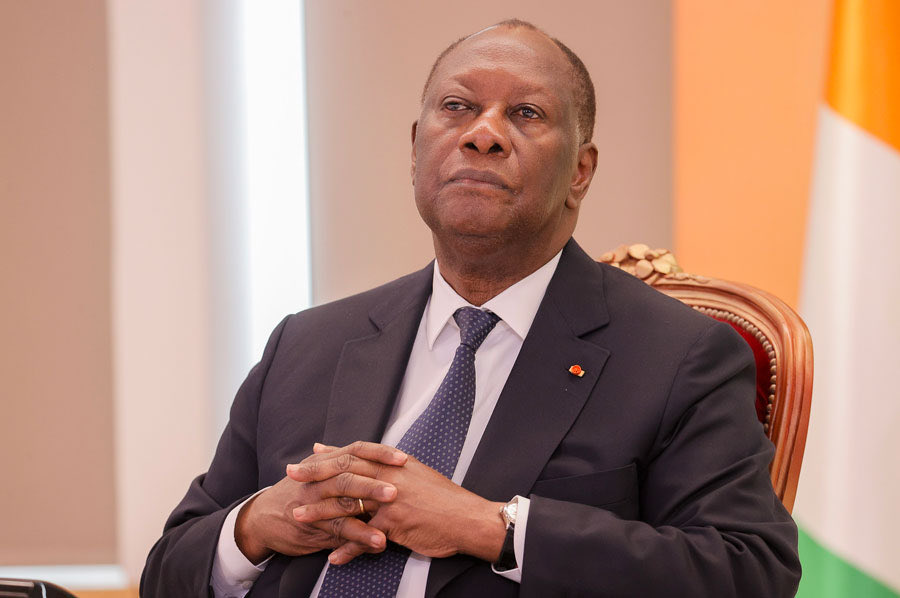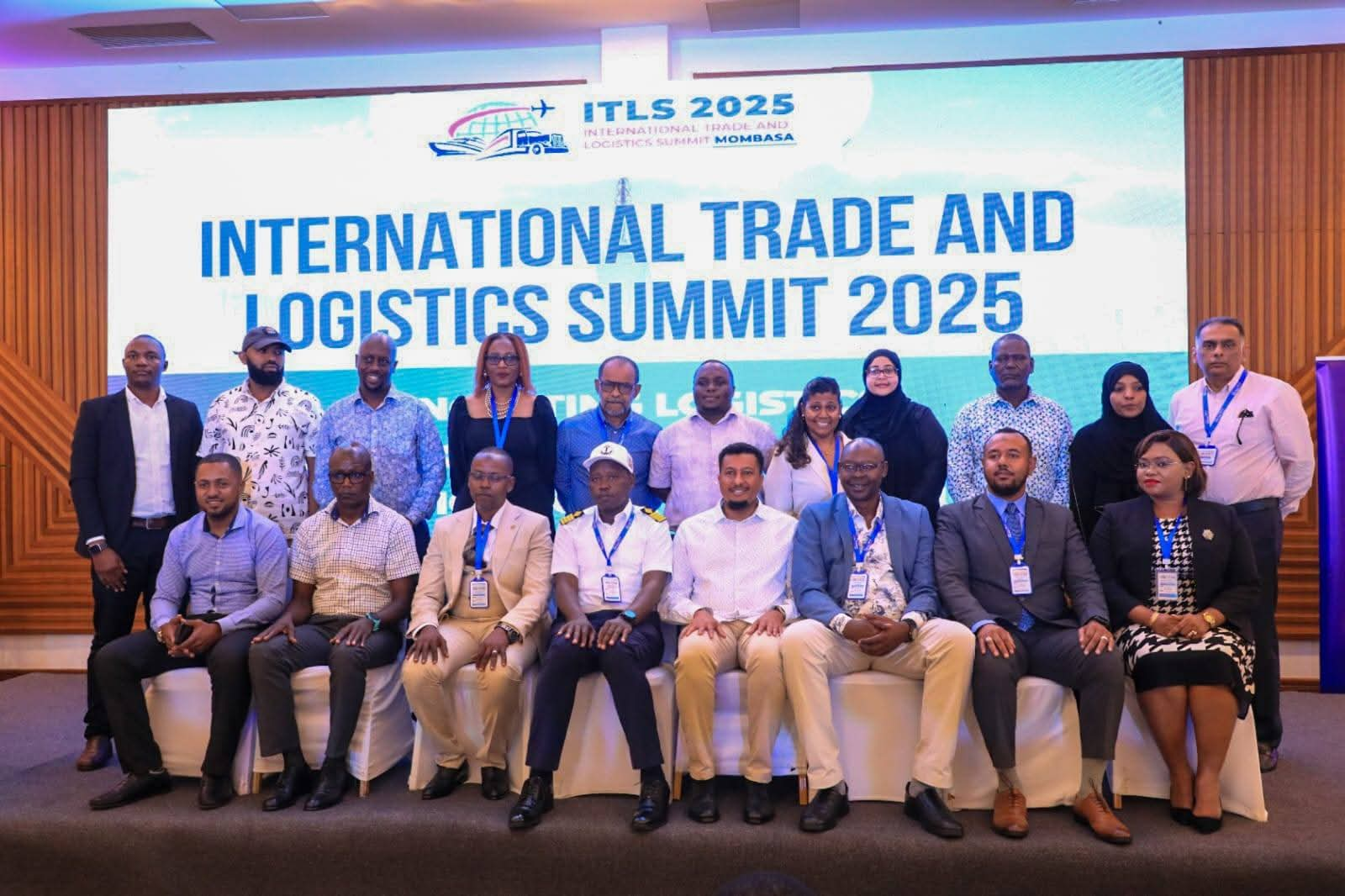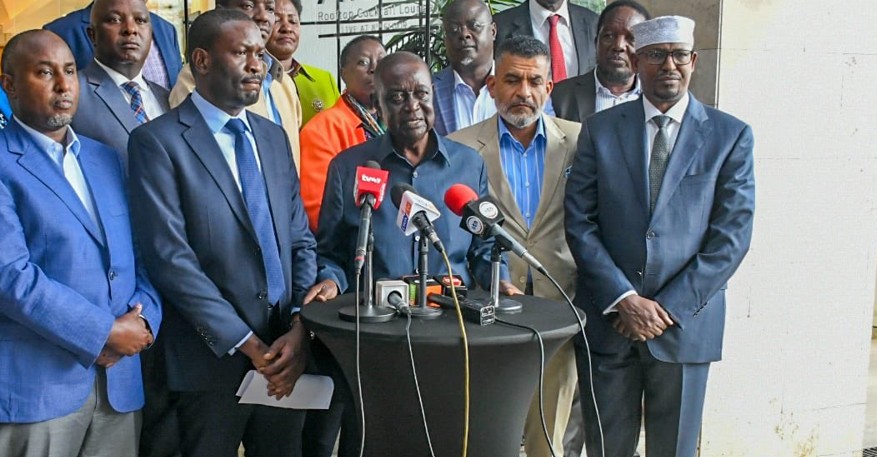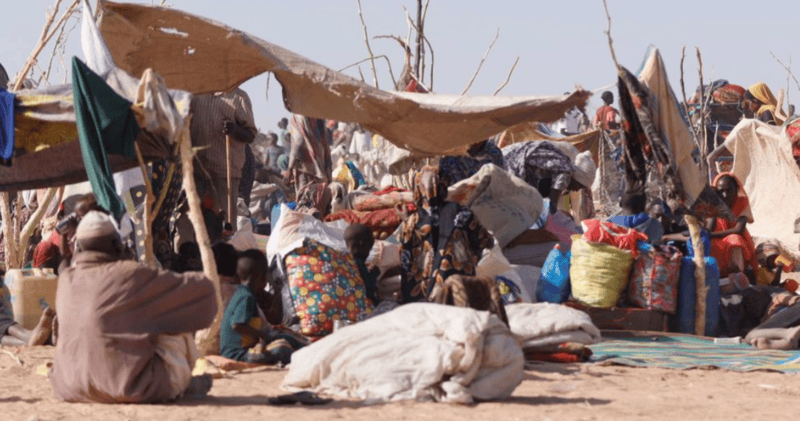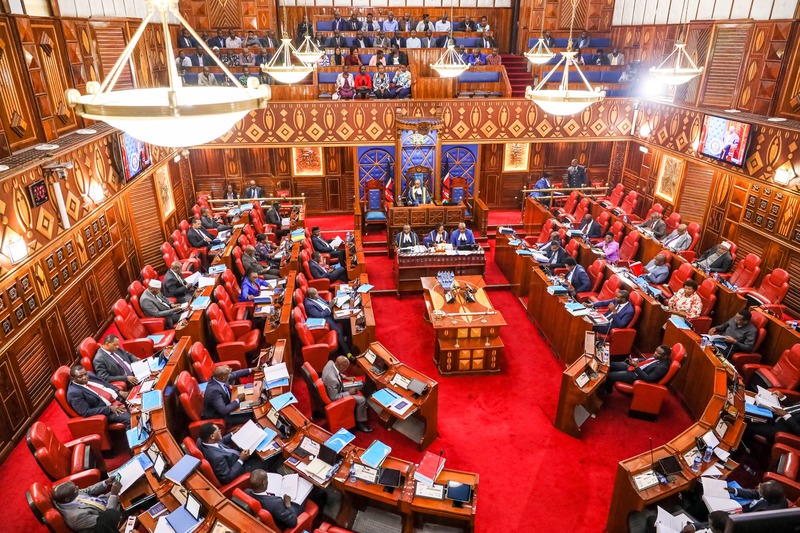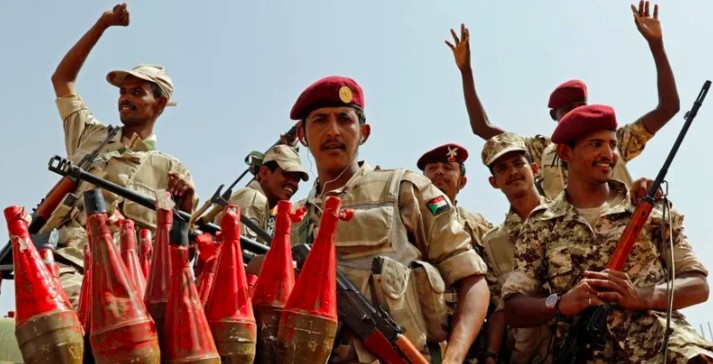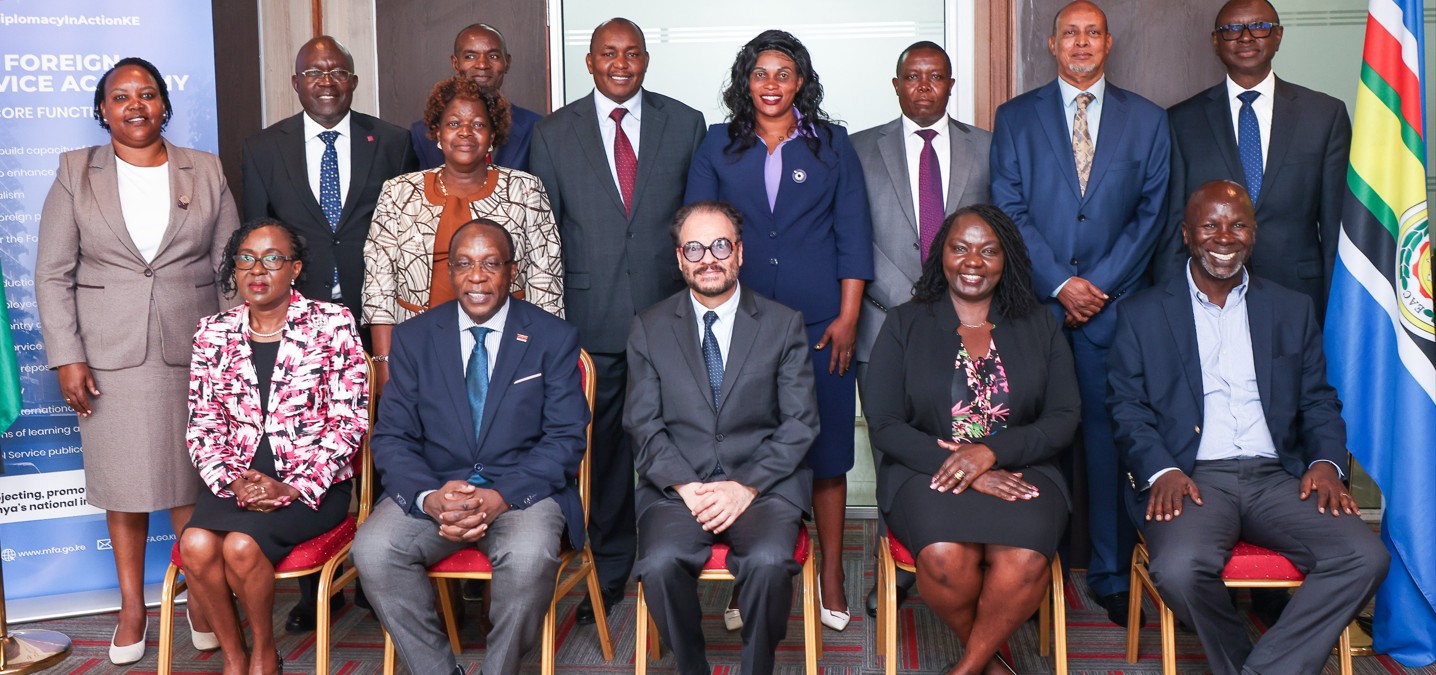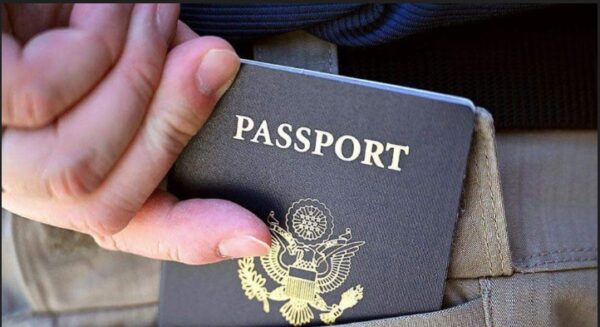Rights organisations slam Kenya for deportation of Turkish nationals, citing legal violations
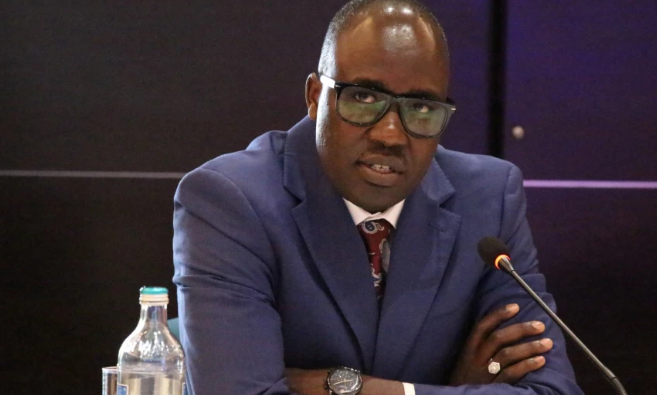
Human rights organisations argue that Kenya’s actions not only jeopardise the safety of these individuals but also undermine its standing as a sanctuary for refugees, with over 780,000 currently residing in the country.
Human rights organisations have condemned Kenya following its admission that four Turkish nationals were captured and returned to Turkey at the request of Ankara.
In a statement on Monday, the Police Reforms Working Group expressed shock over the government's role in what it described as the "forced return" of the individuals, violating the principle of non-refoulement.
More To Read
- Kenya appoints Severine Luyali as new Chief of Protocol
- Turkey prepared to deploy troops for Gaza taskforce
- Russia rebukes Nairobi over 'unanimous' Haiti vote claim
- Kenya’s Ambassador to DRC ordered to repay Sh1.8 Million over irregular KMTC appointment
- We decoded the oldest genetic data from an Egyptian, a man buried around 4,500 years ago – what it told us
- Kenya spends billions on rent for diplomats abroad amid dilapidated missions
Foreign Affairs Principal Secretary Korir Sing’oei, confirmed the deportation, stating that the Turkish government had pledged to treat the individuals “with dignity.”
"The four have been residing in Kenya as refugees. The Ministry of Foreign and Diaspora Affairs has received assurances from the Turkish authorities that the four will be treated with dignity in keeping with national and international law," Sing’oei said in a statement on Monday.
He emphasised Kenya’s decision to yield to the request due to the "robust historical and strategic relations" between the two nations, based on bilateral agreements.
Sing’oei further stated that Kenya is committed to the privacy and confidentiality of the repatriated individuals and will refrain from responding to media inquiries on the subject until the ongoing inter-agency review of the case is complete.
Despite the reassurances, the Police Reforms Working Group stressed that the refoulement violates long-established international humanitarian law, including the 1951 United Nations Refugee Convention, its 1967 Protocol, and Kenya’s 2021 Refugee Law.
"The principle of non-refoulement has been recognised for over 70 years. The return of refugees to a place where they face the very danger from which they fled cannot be traded for commercial, diplomatic, or trade interests," the group said.
The group pointed out that while exceptions to the principle exist, Kenya had not provided any evidence that the four men posed a threat to national security or were guilty of a crime that endangered others.
They noted that procedural safeguards should have been followed, such as finding a third country for safe resettlement.
Amnesty International also condemned the act, stating that the incident constitutes a breach of both Kenyan and international refugee law.
"The abduction and forced return of these individuals directly violates the principle of non-refoulement enshrined in Kenyan law and international conventions," Amnesty said.
The four Turkish nationals—Alparslan Taşçı, Mustafa Genç, Huseyin Yesilsa, and Öztürk Uzun—were flown out of Nairobi on Friday. Meanwhile, another Turkish national, educational consultant Necdet Seyitoglu, was also abducted but later released.
Seyitoglu, who holds a British passport, recounted that his kidnappers freed him after discovering his nationality.
The matter was reported as a case of abduction at Kileleshwa Police Station on Friday by Yusuf Kar, a colleague of the missing men.
Kar expressed concerns about their well-being, stating, "Their children are crying, and we don't know where they are... we deserve an explanation of where they are and what they have done."
Human rights organisations argue that Kenya’s actions not only jeopardise the safety of these individuals but also undermine its standing as a sanctuary for refugees, with over 780,000 currently residing in the country.
The Police Reforms Working Group warned that Kenya’s credibility as the newest member of the United Nations Human Rights Council could be damaged, further complicating the upcoming Universal Periodic Review process next year.
"Kenya’s humanitarian protection for refugees has been a hallmark for three decades, but this incident punctures the nation's legal commitments and moral standing," the group said.
Top Stories Today
